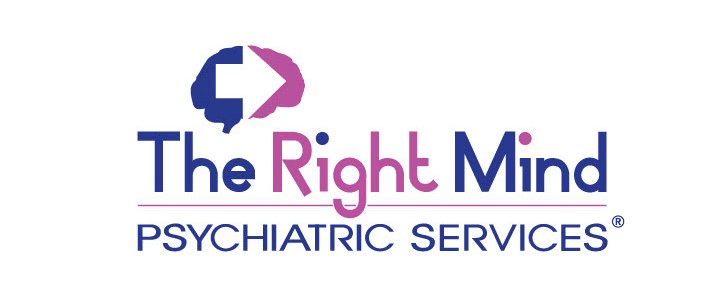PTSD
Have you experienced a traumatic event? Are you suffering from lingering fear and anxiety? Do you feel like you no longer have any control over how you think, feel and behave?
Posttraumatic stress disorder – also known as PTSD – is a mental health challenge that may occur in individuals who have experienced or witnessed a traumatic event such as a natural disaster, a terrorist act, an act of war, a serious accident, rape, or any other violent personal assault.
It is believed that PTSD affects nearly four percent of the U.S. adult population. While it is usually linked with veterans who’ve experienced combat, PTSD occurs in all people regardless of age, race, nationality or culture. In fact, women are twice as likely to experience PTSD than men.
What are the Symptoms of PTSD?
People with PTSD often experience intense thoughts and feelings related to their traumatic experiences. These can last for a long time after the initial event. Many people with PTSD also relive the event through flashbacks and nightmares.
People with PTSD often feel intense emotions such as fear, anger, sadness and a detachment from friends, family and community members. They often avoid people and situations that remind them of the traumatic event. Ordinary sounds or incidents such as a door banging or accidental touch in a crowd may cause a strong and uncontrollable reaction.
How Can Treatment Help?
There are a variety of treatments that can be used to treat PTSD. Various types of therapy are first line treatment, in addition to medications to treat the underlying depression and anxiety generally associated with the condition.
If you or a loved one suffer with PTSD and would like to explore treatment options, please reach out for an evaluation today!

